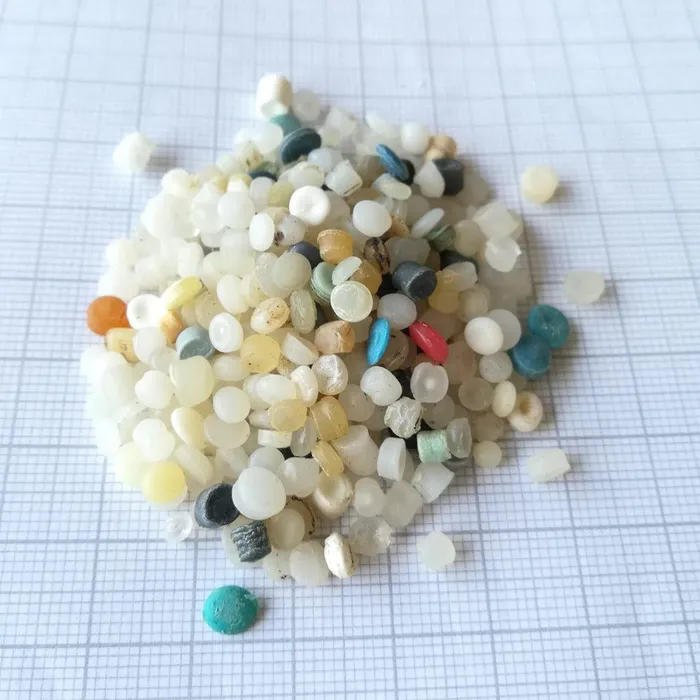
Nurdles are microplastic pellets that cause widespread pollution and are harmful to marine life and the environment.
Image: Fidra
CITIZEN scientists around the world are in for a treat this October, with two major global events taking place; the Great Global Nurdle Hunt and the Great Southern Bioblitz.
Both invite individuals and communities to get hands-on with nature and contribute to important environmental research, right from their local beaches, rivers, or backyards.
The Great Global Nurdle Hunt
Running from October 1 to 31, the Great Global Nurdle Hunt (GGNH) is calling on people of all ages to search for and collect nurdles, tiny, lentil-sized plastic pellets that are a major source of pollution in oceans, rivers, and lakes.
Organised by Scottish charity Fidra, the event aims to highlight the serious risks nurdles pose to wildlife and ecosystems, especially in biodiversity hotspots across the globe. Participants are encouraged to carry out nurdle hunts, upload their findings, and share photos of wildlife impacted by this type of microplastic pollution.
“You can help by doing a nurdle hunt in areas rich in biodiversity or by sending us photos of wildlife impacted by nurdles,” says Fidra. “Each nurdle hunt documents global nurdle pollution, raises awareness of this major source of microplastic pollution, and helps call for change.”
Since the first hunt in 2013, over 20,000 volunteers have completed more than 7,000 verified hunts worldwide, contributing vital data, images, and stories from communities affected by plastic pollution.
Fidra warns that plastic pellets are often mistaken for food by fish, birds, and other wildlife, often with deadly consequences. More than 220 species have been found to have ingested microplastics, including nurdles. It says these pellets can also absorb harmful chemicals and pathogens from their surroundings, creating a toxic mix that may spread through ecosystems and food chains.
To join the effort, citizen scientists simply need to visit a beach, river, or lake on any day in October, search for nurdles, and upload their results to the global database. The Great Nurdle Hunt App is available for download on major app stores.
The Great Southern Bioblitz
Later in the month, nature enthusiasts can take part in the Great Southern Bioblitz (GSB), a celebration of biodiversity that runs from October 24 to 27 across the southern hemisphere.
Open to participants around the world, the GSB invites people to record and upload observations of plants, animals, fungi, and other organisms to the iNaturalist platform. All observations made in registered southern hemisphere regions during the event count towards the Bioblitz.
Those interested can participate as individuals or become area organisers. Participants simply explore a local natural area, photograph wildlife, and upload their findings. Area organisers register a project for their region, co-ordinate local events, and encourage community involvement.
Both participants and organisers must register in advance and all contributors will receive a certificate of participation for their efforts.